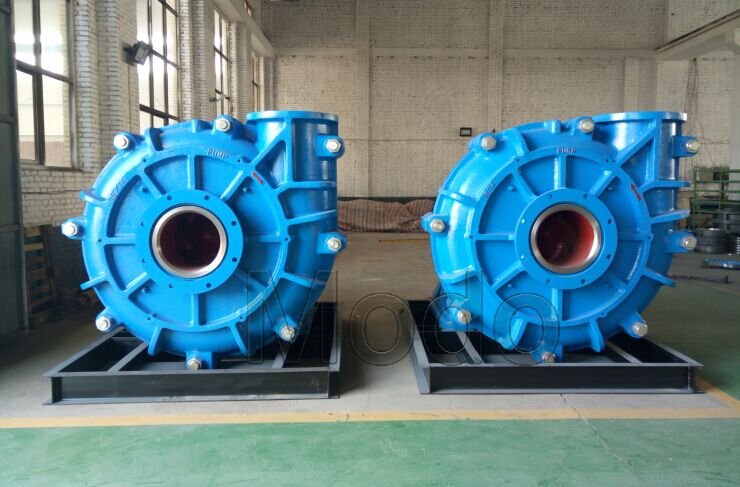The most crucial parts for a slurry pump are wet parts. The main material for wet parts are Alloy metal, natural rubber, ceramic, polyurethane, etc. When you purchase a slurry pump, do you know what kind of material for the wet parts for your pump?
The selection of the wetted parts material of a slurry pump depends on several factors, including the type of slurry being pumped, the pH of the slurry, the temperature of the slurry, and the abrasiveness of the solids in the slurry.
Common materials used for the wetted parts of slurry pumps include high chrome alloys, rubber, and various types of plastics. It is important to consult with the manufacturer or a pump expert to determine the best material for the specific application.
They will also be able to guide you on the trade-offs between cost, wear resistance, and corrosion resistance for different materials.
If you are not able to determine what material you should select, contact our professional engineers, they will choose the right material as per your application.

